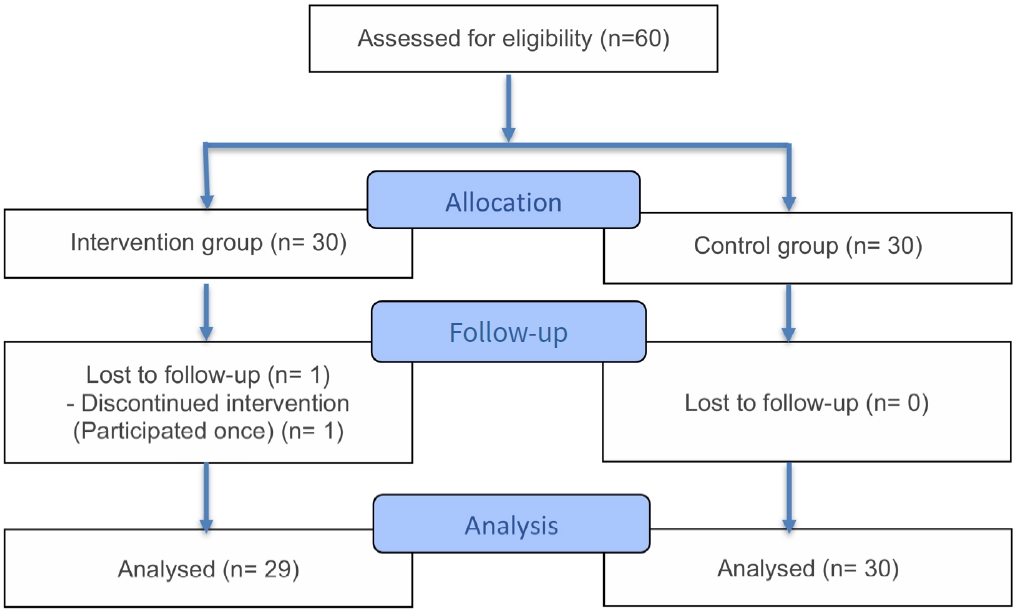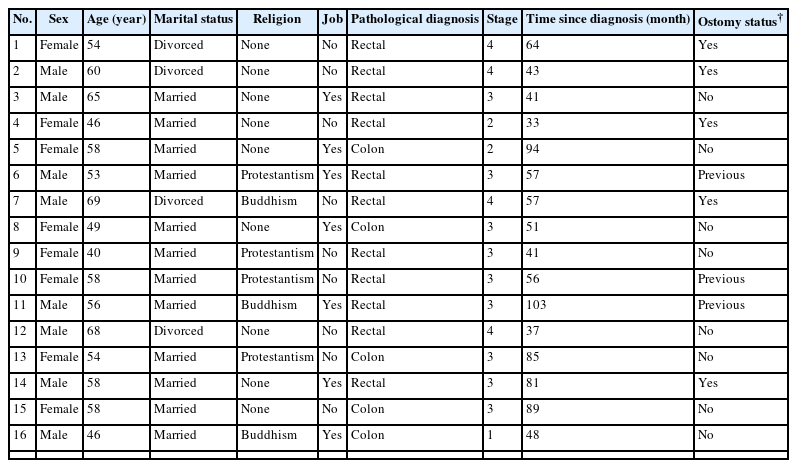


Citations

Citations

Citations

Citations

Citations

Citations

Citations

Citations

Citations

Citations

Citations

Citations

Citations

Citations

Citations

Citations

Citations

Citations

Citations

Citations

Citations

Citations

Citations

Citations

Citations

Citations

Citations

Citations

Citations

Citations

Citations

Citations

Citations

Citations

Citations

Citations

Citations

Citations

Citations

Citations

Citations

Citations

Citations

Citations


